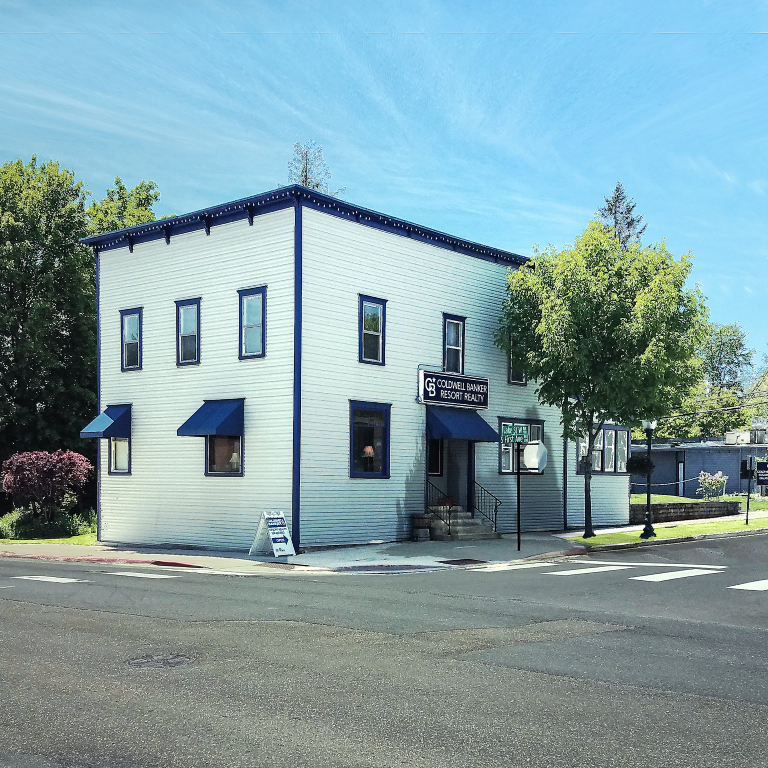Mortgage Calculator
Before you speak with a Mortgage Lender in Sandpoint, read up on financing or use this simple mortgage calculator. When you decide you want to buy a house, it isn't always easy to figure out which homes are in your budget. It would be nice if you could eliminate the property that you won't be able to buy anyway.
The challenge
Finding a reasonable loan with a reasonable amount of effort.
The better you understand financing and how it works, the more prepared you'll be when you're actually squaring off with a Mortgage Lender in Sandpoint. If this is the first time you've considered buying a home, congratulations! I hope we can bring some clarity to the often intimidating process of home ownership. Check out Financing for Noobs, we offer some pointers to help you find the best Mortgage Lenders for first time buyers and hopefully we can all stop paying rent. Like many things, being prepared can mean the difference between success and failure. We're going to discuss some common problems people encounter when applying for a loan and go over some ideas that will help avoid them. This will give you an advantage whether you're financing a home in Bonner County, getting an auto loan, or borrowing money to consolidate your debts. Are you ready? Alright, let's begin.

Step 1
Get Pre-Approved
Don't skip this step. Getting pre-approved is fast, easy and free. A written pre-approval includes a completed credit application and a certificate guaranteeing you a mortgage up to a specified amount. This will avoid any surprises at the loan office and defines your exact price point so you wont waste time looking at homes you can't afford.
Step 2
Examine your finances
How much can you afford to spend? While a lender will tell you how much you qualify for, it's up to you to figure how big a payment fits into your budget. What monthly dollar amount do you feel comfortable committing to? Remember to consider related costs such as insurance and taxes, as well as interest and principle.

Step 3
Consider the type of loan thats best for you
Compare fixed-rate with adjustable-rate mortgages. Look down the road. Where will you be in 15 years, 30 years? What obligations might you have?
Step 4
Shop Around
When you're ready to get a loan, explore your options. You can choose either a direct lender or a mortgage broker. A direct lender has money to lend and makes the final decision on your loan. Brokers are intermediaries who choose from many lenders. A broker may be able to help find you a loan if you have special financing needs, but he or she will also receive a percentage of what you borrow.
While you're shopping for a loan, try to spot the overall best deal. Often loans are designed to get your attention by offering a low price in one area, but the overall price still pretty high.
Try to find any of these and add them up:
- Interest rates
- Broker fees
- Points (each point is one percent of the amount you borrow)
- Prepayment penalties
- Loan term application fees
- Credit report fees
- Appraisal costs
Don't let hidden costs sneak up on you. Ask your lender for a written estimate.

Step 5
Apply for a Loan
When you apply for a loan, make sure to gather all the documents you'll need to verify your loan application. Lenders will want to know your job history, employment stability, income, assets (property, cars, bank accounts and investments) and your liabilities like auto loans, mortgages, credit-card debt etc. You'll need to provide documents such as paycheck stubs, bank account statements and tax returns. Check with your lender or broker for more information.
Step 6
Lock it Down
With interest rates changing daily, locking down your rate can prove a big money saver. A rate lock in writing guarantees you a certain rate and terms for a specified period of time. Lock in all the costs you can, including interest rates and points. And try to set the lock at the time of application, not at the time of approval.

- This will protect you from rising rates. Your lock-in period should be long enough to allow for all processing time. Most lock periods range from 15 to 60 days. Make sure to check with your lender or broker about the average time it takes them to process a loan.
- Ask about Pre-payment. You can shave years off the length of your mortgage by restructuring the way you pay back your loan. You can pay a lump sum towards the principle, or by simply paying more frequently, you can save thousands in interest over the course of a loan. Not all loans allow for pre-payment. If you want the option, discuss it with your lender or broker.
- Clear up any financial problems. Do you have credit problems or owe money to the IRS? Buying a new home may still be a possibility. Contact a financial advisor or tax resolution service to find solutions.

When You're Ready to Purchase a Home
We can help you find the perfect place.

